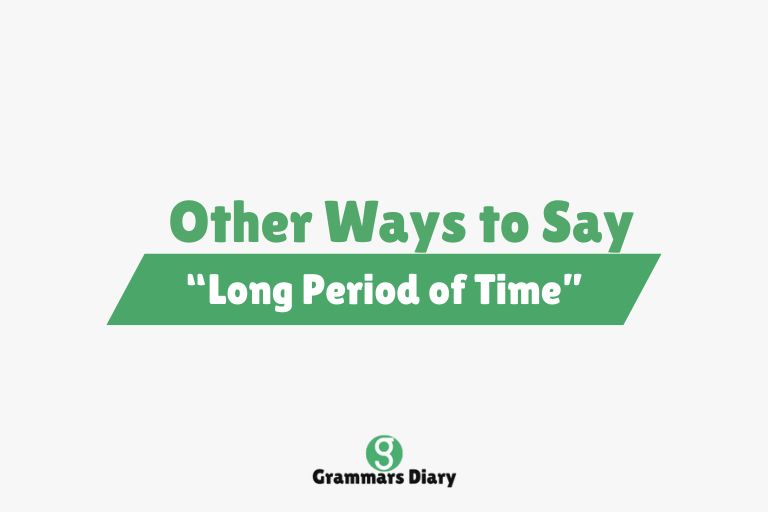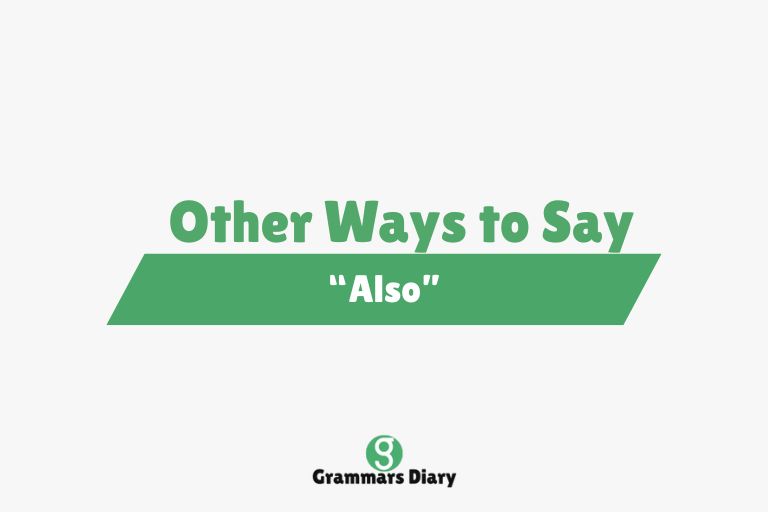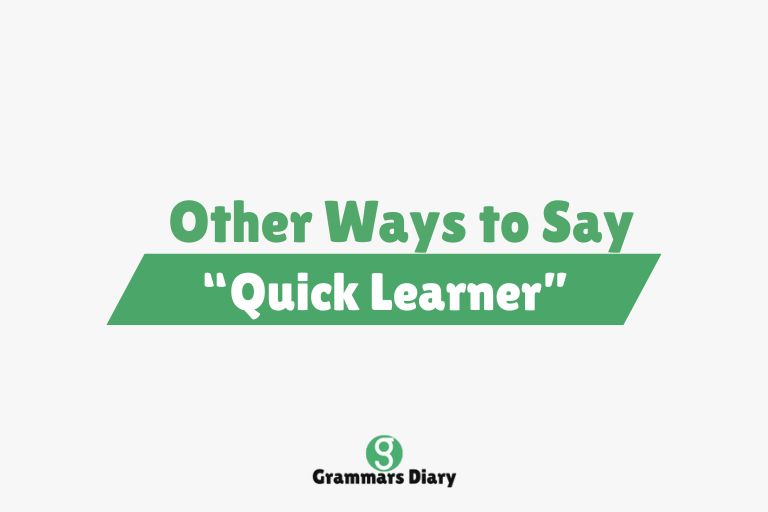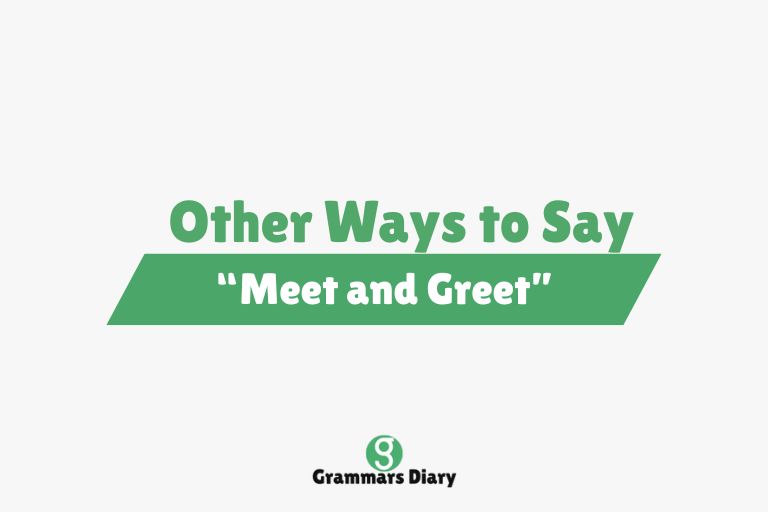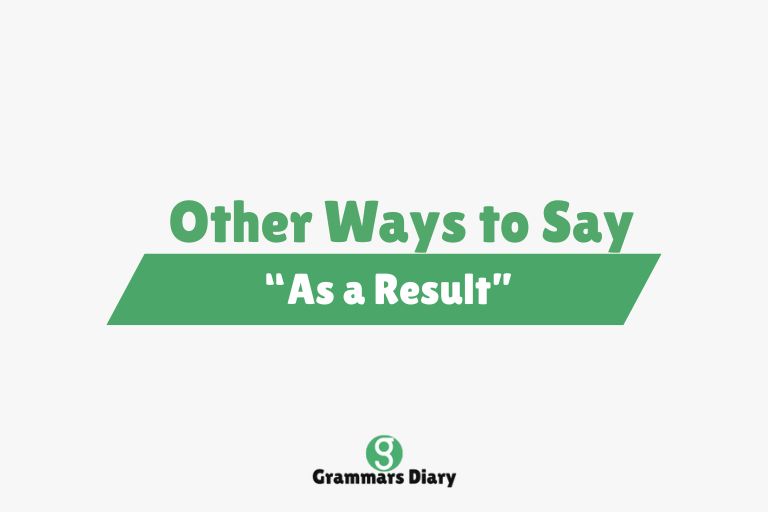22 Other Ways to Say “Thank You So Much”
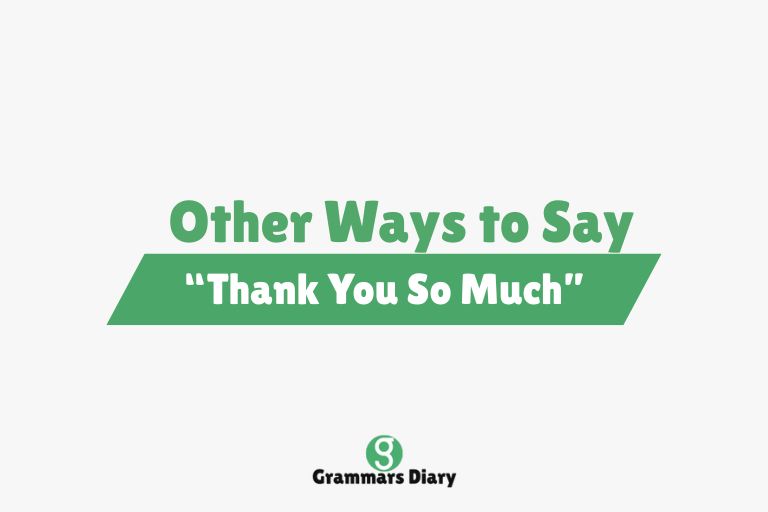
“Thank you so much” is one of the most familiar ways we show appreciation in daily conversations, professional emails, and polite interactions, whether it’s for a kind gesture, a thoughtful gift, or helpful advice we’ve received.
But as widely used as it is, repeating this exact phrase over and over can sound a bit mechanical or even impersonal, especially if you’re trying to express deeper gratitude, stand out in a heartfelt message, or vary your tone depending on context and relationship.
That’s why expanding your vocabulary with alternative expressions of thanks can help you connect better with others, convey sincerity more effectively, and adapt your language for casual chats, formal letters, or emotional moments that deserve a more personal touch.
Other Ways to Say “Thank You So Much”
1. I really appreciate it
Example: “You helped me meet the deadline—I really appreciate it.”
Meaning: Shows heartfelt recognition for a specific action or favor.
Usage: Works well in both personal and professional contexts, especially when emphasizing effort.
2. I’m truly grateful
Example: “I’m truly grateful for your kindness during that tough week.”
Meaning: Adds depth and emotional warmth to your gratitude.
Usage: Ideal for heartfelt moments or when a simple “thanks” doesn’t feel like enough.
3. Many thanks
Example: “Many thanks for your thoughtful email reply.”
Meaning: A polite and slightly formal way to say thanks.
Usage: Often used in emails, letters, or professional exchanges.
4. I can’t thank you enough
Example: “I can’t thank you enough for being there when I needed you most.”
Meaning: Expresses overwhelming gratitude, often with emotion.
Usage: Suitable for close relationships or situations where someone went above and beyond.
5. I’m so thankful
Example: “I’m so thankful for your support during my move.”
Meaning: Simple, sincere, and warm.
Usage: Versatile—works in casual, emotional, or slightly formal moments.
6. Much obliged
Example: “Much obliged for your kind assistance.”
Meaning: Slightly old-fashioned but very polite.
Usage: Common in formal or traditional settings, often in writing.
7. I sincerely thank you
Example: “I sincerely thank you for your recommendation.”
Meaning: Adds a professional and serious tone to your message.
Usage: Great for business emails, references, or formal acknowledgments.
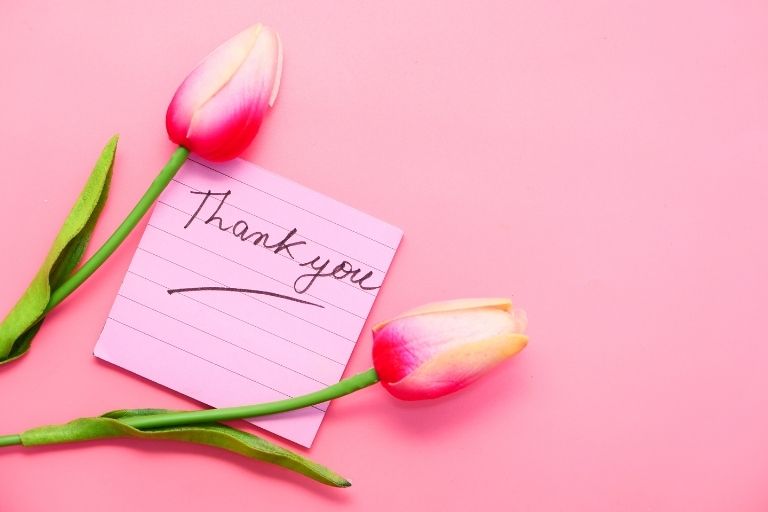
8. I’m incredibly thankful
Example: “I’m incredibly thankful for everything you’ve done.”
Meaning: Stronger than “thank you,” it emphasizes depth of gratitude.
Usage: Good when you want to stress how much it means to you.
9. Thanks a ton
Example: “Thanks a ton for the ride home.”
Meaning: Informal and energetic.
Usage: Great in casual conversations, especially among friends or peers.
10. Thank you kindly
Example: “Thank you kindly for your hospitality.”
Meaning: A polite and warm variation.
Usage: Can work in both written and spoken English, especially in social settings.
11. I’m beyond grateful
Example: “I’m beyond grateful for your endless patience.”
Meaning: Indicates intense appreciation, often with emotion.
Usage: Effective when thanking someone for emotional or moral support.
12. Many thanks indeed
Example: “Many thanks indeed for arranging the meeting.”
Meaning: Slightly more formal and British in tone.
Usage: Suitable for polite correspondence or business communication.
13. I truly appreciate it
Example: “You went out of your way to help—I truly appreciate it.”
Meaning: Adds a note of personal sincerity and gratitude.
Usage: Excellent for messages where you want to acknowledge personal effort.
14. I’m forever grateful
Example: “I’m forever grateful for how you stood by me.”
Meaning: Emphasizes lasting appreciation, often tied to emotional or life-changing help.
Usage: Best used in deep personal relationships or during significant moments.
15. Thanks so very much
Example: “Thanks so very much for your kind words.”
Meaning: Intensifies a basic thank-you with an extra touch of warmth.
Usage: Informal but heartfelt; good for written messages or texts.
16. Thanks a million
Example: “Thanks a million for saving me a seat.”
Meaning: A cheerful, informal way to express strong gratitude.
Usage: Suitable in casual settings among friends, coworkers, or acquaintances.
17. I appreciate it more than you know
Example: “I appreciate it more than you know—your help meant the world.”
Meaning: Suggests that words can’t fully express your thankfulness.
Usage: Ideal for expressing quiet but deep appreciation.
18. I’m eternally thankful
Example: “I’m eternally thankful for your support during my recovery.”
Meaning: Conveys long-term or even lifelong appreciation.
Usage: Often used when the gesture being thanked had a profound impact.
19. Thanks heaps
Example: “Thanks heaps for picking up my groceries.”
Meaning: A relaxed and informal way to say thank you.
Usage: Common in Australian and British English, especially in casual speech.
20. I deeply appreciate it
Example: “I deeply appreciate your honesty and transparency.”
Meaning: Indicates serious and thoughtful recognition of someone’s action or character.
Usage: Perfect in both personal and professional settings.
21. With heartfelt thanks
Example: “With heartfelt thanks for your unwavering friendship.”
Meaning: A warm and formal way to express appreciation.
Usage: Suitable for cards, letters, or formal speeches.
22. I’m thankful beyond words
Example: “I’m thankful beyond words for your help through everything.”
Meaning: Suggests that gratitude runs so deep, it can’t be fully expressed in speech.
Usage: Best for emotional or impactful situations.
When to Use Different “Thank You” Alternatives
In Professional Settings
In work emails, corporate meetings, or client interactions, opt for expressions that sound polished and respectful, such as “I sincerely thank you”, “I truly appreciate it”, or “I deeply appreciate it”, since these phrases help build rapport while maintaining a professional tone without being overly emotional or informal.
In Everyday Conversations
For daily life, informal settings, or friendly texts, casual expressions like “Thanks a ton”, “Thanks heaps”, or “Thanks so very much” feel more natural and help you express your feelings in a way that matches the relaxed nature of the interaction without sounding robotic or rehearsed.
In Emotional or Special Contexts
When a situation carries more emotional weight—like thanking someone for their help during a crisis or a significant life event—phrases like “I’m forever grateful”, “I’m eternally thankful”, or “I’m thankful beyond words” can better reflect the depth and sincerity of what you feel, making your gratitude feel more meaningful and lasting.
Conclusion
While “thank you so much” is a tried-and-true way to express appreciation, using the same phrase repeatedly can dilute its emotional power or make your messages feel repetitive, especially when context and tone matter.
By choosing from this list of thoughtful alternatives, you can tailor your thanks to suit personal relationships, professional communications, or truly special moments that deserve a more personalized and expressive form of gratitude.
Whether you’re writing a thank-you note, sending an email, or speaking face-to-face, these phrases give you the flexibility to say thanks in a way that genuinely fits the situation and deepens your connection with others.
FAQs
What’s the difference between “thank you” and “thank you so much”?
“Thank you so much” is a stronger, more emphatic version of “thank you,” often used to express deeper or more enthusiastic appreciation.
Can I use “thanks a ton” in formal emails?
No, “thanks a ton” is quite casual. For formal emails, phrases like “I truly appreciate it” or “I sincerely thank you” are more appropriate.
Is “much obliged” still used today?
Yes, but it’s more common in formal writing or traditional speech; in modern usage, it can sound old-fashioned or polite depending on the context.
Which expression should I use when someone helps me emotionally?
Phrases like “I’m forever grateful,” “I’m so thankful,” or “I appreciate it more than you know” are better suited to emotionally impactful situations.
Can I mix these phrases to avoid repetition?
Absolutely. Varying your language helps keep your gratitude fresh and more meaningful, especially when you’re thanking the same person multiple times.

